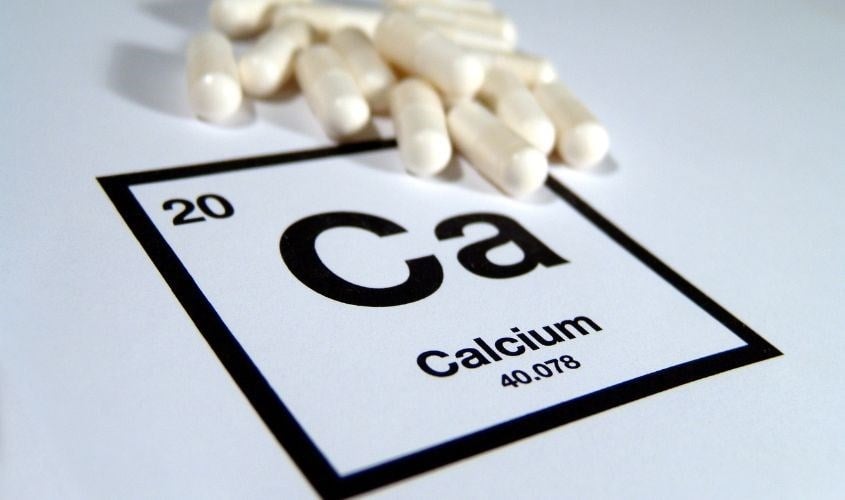The menopausal transition is a challenging period for women, marked by hormonal fluctuations, irregular menstrual cycles, and noticeable signs of aging. It is crucial to address these changes early on to prevent severe consequences for health and overall well-being.
As women enter their middle ages, they become susceptible to three significant health risks:
1. Weight Gain and Chronic Illness: Middle-aged women often experience a slower metabolism, leading to weight gain. Failure to manage weight effectively can result in fat accumulation under the skin and around internal organs, increasing the risk of obesity, high blood pressure, cardiovascular issues, and diabetes.

2. Bone and Joint Health: Women naturally have lower bone density than men, and the decline in estrogen during middle age accelerates bone loss. This puts them at a higher risk of osteoporosis, bone fractures, and joint problems such as arthritis.
3. Menopausal Symptoms: Around the age of 50, women undergo physiological changes such as irregular periods, insomnia, and mood swings, signaling perimenopause or menopause. Without timely intervention, this period can extend, leading to depression and significant physical and mental health issues.
Solution: To navigate these changes effectively, middle-aged women should focus on adjusting their diets and ensuring adequate nutrient intake. This proactive approach helps slow down aging, improve overall health, and maintain a good quality of life.
2. Gynecologist’s Recommendation: Four Essential Nutrients for Middle-Aged Women
As women transition into middle age, their bodies undergo noticeable physical and hormonal changes. To slow down aging and protect their health, experts recommend the timely supplementation of the following four critical nutrients:
1. Calcium – Fight Osteoporosis and Maintain Youthful Physique: Middle-aged women tend to lose calcium rapidly, increasing the risk of osteoporosis, bone fractures, and reduced mobility. Adequate calcium intake not only strengthens bones but also contributes to slowing down the aging process.
Calcium can be obtained from dairy products, eggs, fish, and shrimp, or through supplements, as advised by a physician.

2. Estrogen – Hormonal Balance and Menopause Relief: The decline in estrogen during middle age is a primary cause of hot flashes, insomnia, irregular periods, and depression. Timely estrogen supplementation helps women navigate menopause more comfortably and reduces the risk of bone, joint, and cardiovascular issues.
Phytoestrogen-rich foods such as soy products, figs, and seeds, or dietary supplements, are ideal for supporting hormonal balance.
3. Folic Acid – Guard Against Cerebrovascular Accidents: Folic acid is crucial not only during pregnancy but also for middle-aged women. Research indicates that a deficiency increases the risk of cerebral infarction in the elderly.
Folic acid can be found in dark, leafy greens, fruits like kiwis, strawberries, and cherries, soy products, or through supplements, as recommended by healthcare professionals.
4. Vitamin B Complex – Nerve Function and Sleep Enhancement: Vitamin B plays a vital role in regulating nerve function and supporting sleep. During middle age, when hormones fluctuate, women may experience stress, insomnia, and fatigue. Vitamin B supplementation helps soothe the nervous system and improve mood effectively.
Vitamin B-rich foods include whole grains, liver, eggs, dairy, and dairy products.
Advice: The body begins to age after 30. Therefore, don’t wait until health declines to focus on nutrition. Prioritizing self-care and proper nutrition early on is the key to maintaining a youthful appearance and long-term health during middle age and beyond.






























